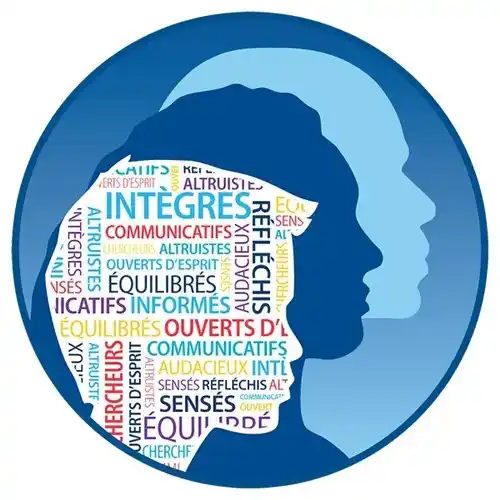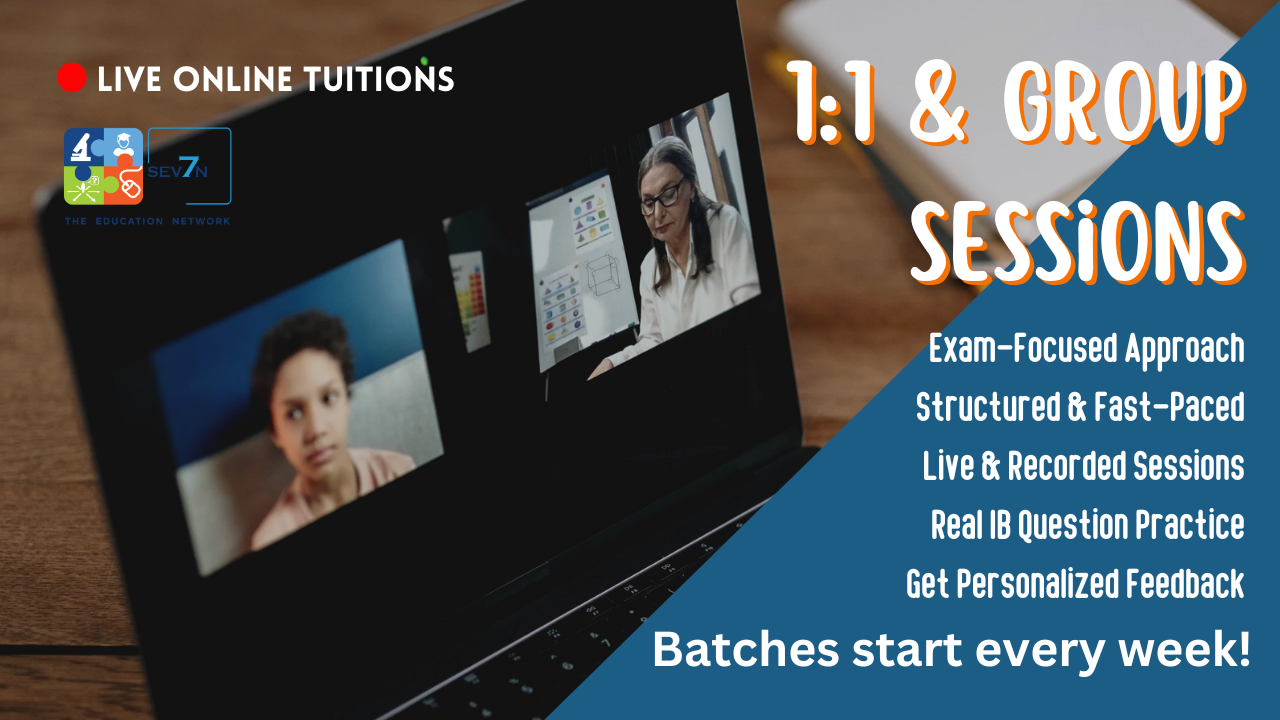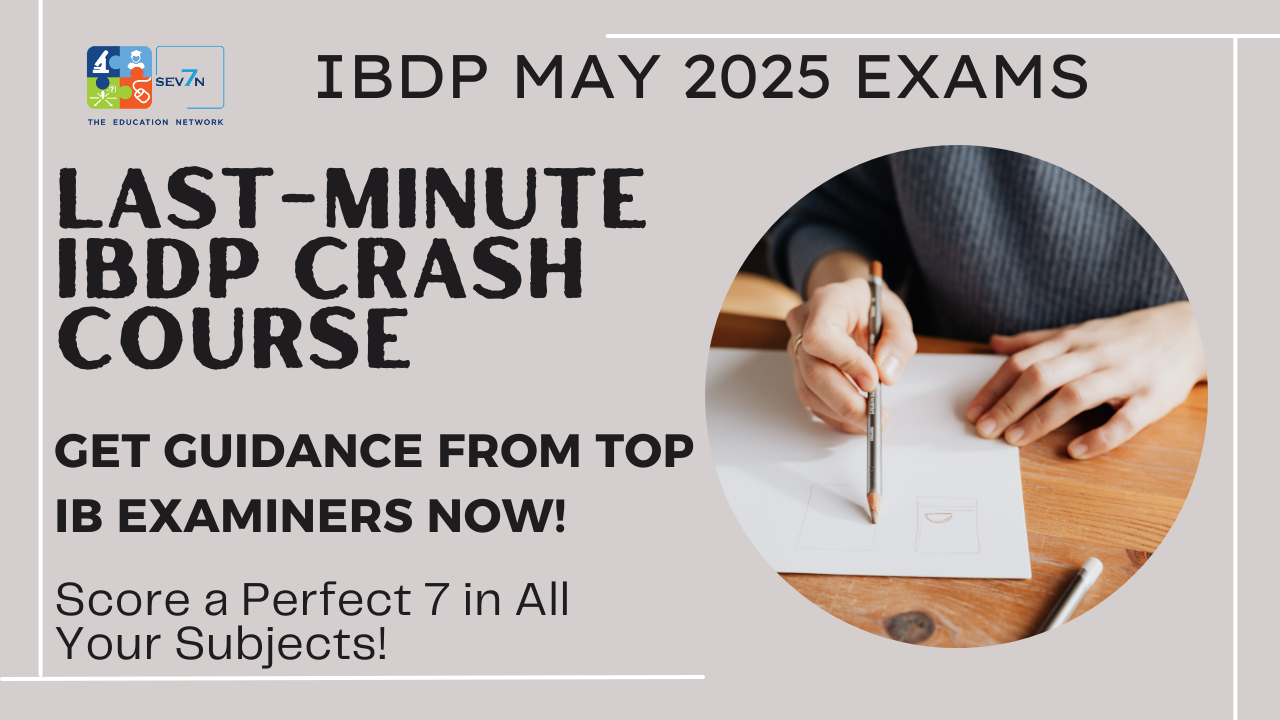TOK Exhibition Object 1: Solar-Powered Water Purification Unit
- Optional Theme: Knowledge and Technology
- Rationale: The solar-powered water purification unit exemplifies the critical utility of integrating environmental science with renewable energy technology to address global water scarcity issues. This innovation harnesses solar energy to purify contaminated water, making it safe for consumption and agriculture, thereby directly impacting human health and food security. The unit’s design and function underscore the practical application of interdisciplinary knowledge, demonstrating that knowledge which solves urgent, life-sustaining needs is immensely valuable. It reflects a convergence of theoretical principles and practical application, showcasing how technological knowledge, when applied to environmental challenges, possesses profound utility in improving living conditions and sustainability. The deployment of such units in remote or disaster-stricken areas further illustrates the tangible benefits of knowledge that combines ecological sensitivity with technological innovation, affirming the premise that the usefulness of knowledge can be significantly heightened when it directly contributes to resolving critical humanitarian and environmental challenges.
Immerse yourself in an interactive learning experience where TOK, ATTL, and the IB Learner Profile come to life! Subscribe today for complete access to our innovative resources and become part of a community of educators committed to fostering a dynamic and engaging learning environment.
 Crack IB Business Management HL with Ease!
Crack IB Business Management HL with Ease!
TOK Exhibition Object 2: Braille Script Textbook
- Optional Theme: Knowledge and Language
- Rationale: A textbook written in Braille script represents an essential tool in the education and empowerment of visually impaired individuals, highlighting how adaptations in language and knowledge transmission can greatly enhance accessibility and learning. This object embodies the principle that knowledge’s utility is not only in its content but also in its availability and adaptability to diverse learning needs. The Braille textbook exemplifies how modifications in the presentation of knowledge can unlock educational opportunities, fostering inclusivity and equality in learning. By enabling access to the same breadth of knowledge available to sighted learners, Braille ensures that visual impairment does not impede intellectual development, illustrating the profound impact of inclusive educational practices on societal perceptions of disability and the overall usefulness of knowledge. It prompts reflection on the role of language and communication methods in determining the usefulness of knowledge, suggesting that knowledge becomes more valuable when it is made accessible to all members of society, regardless of physical limitations.
🏆 Get 7 in IB Biology—Join Our Proven Tuition Track
TOK Exhibition Object 3: 3D-Printed Prosthetic Limb
- Optional Theme: Knowledge and Technology
- Rationale: The 3D-printed prosthetic limb stands as a testament to the remarkable advancements in biomedical engineering and materials science, offering cost-effective, customizable solutions for amputees and individuals with limb differences. This innovation not only embodies the practical application of knowledge in improving human well-being but also represents a shift towards more personalized and accessible healthcare solutions. The use of 3D printing technology in producing prosthetic limbs highlights the intersection of digital fabrication techniques with anatomical and biomechanical knowledge, showcasing how technological knowledge can be harnessed to meet specific human needs. It reflects on the broader implications of such technologies in democratizing access to medical devices, challenging traditional paradigms of manufacturing and distribution in healthcare. The object illustrates the utility of knowledge that directly enhances quality of life, emphasizing that the value of knowledge increases when it addresses fundamental human concerns such as health, mobility, and independence. It invites a broader discussion on the ethical, social, and economic dimensions of applying technological knowledge to healthcare, underscoring the need for innovation that is both inclusive and beneficial to society.
 Online IBDP Tuitions for Students Worldwide!
Online IBDP Tuitions for Students Worldwide!
TOK Exhibition Object 4: Global Positioning System (GPS) Device
- Optional Theme: Knowledge and Technology
- Rationale: The GPS device, by providing precise geolocation services, revolutionizes navigation, logistics, and geographic information systems, illustrating the extensive utility of spatial knowledge augmented by satellite technology. This object exemplifies how technological advancements transform abstract scientific knowledge into indispensable tools for everyday life, facilitating a wide range of applications from emergency response to recreational navigation. The underlying technology of GPS, based on principles of physics and orbital mechanics, combined with advancements in computing, demonstrates the synergy between theoretical knowledge and its practical application. The widespread use of GPS technology underscores the idea that knowledge’s usefulness is significantly enhanced when it seamlessly integrates into societal infrastructure, providing solutions to complex problems and improving efficiency in numerous sectors. It challenges us to consider the criteria by which we evaluate the usefulness of knowledge, suggesting that the impact of knowledge on societal progress and individual convenience is a key measure of its value. The GPS device prompts reflection on the future trajectory of technological knowledge, highlighting the potential for emerging technologies to further influence our interaction with the physical world and underscoring the importance of continued innovation in enhancing the utility of knowledge.
🎯 Customized IB Revision Plans for Each Subject
TOK Exhibition Object 5: A Recipe Book Featuring Indigenous Ingredients
- Optional Theme: Knowledge and Indigenous Societies
- Rationale: A recipe book focusing on indigenous ingredients and culinary traditions embodies the invaluable knowledge embedded within cultural practices, offering insights into sustainable living and nutritional wisdom passed down through generations. This object highlights the utility of cultural and traditional knowledge in promoting health, biodiversity, and environmental stewardship. By documenting and celebrating indigenous culinary practices, the recipe book not only preserves cultural heritage but also introduces broader audiences to alternative dietary practices that emphasize local, seasonal, and diverse food sources. It illustrates the significance of traditional ecological knowledge (TEK) in addressing contemporary challenges such as food security, climate change, and the loss of biodiversity, showcasing how knowledge that fosters a harmonious relationship with nature can be incredibly useful in guiding sustainable development practices. The book serves as a reminder that the usefulness of knowledge is not confined to technological advances but also encompasses cultural insights that contribute to a more sustainable and healthful existence. It invites a reevaluation of the criteria by which we assess the usefulness of knowledge, advocating for a broader recognition of the value of cultural and traditional knowledge in solving modern problems and enriching our understanding of the world.






